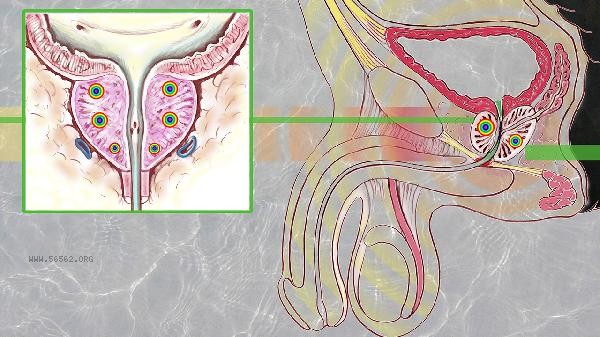There is no direct causal relationship between the frequency of changing sexual partners and gynecological diseases. The occurrence of gynecological diseases is mainly related to hygiene habits, immunity, and protective measures. Maintaining a single stable partner, using condoms correctly, and regular gynecological examinations are key to prevention. The frequency of changing sexual partners is not a decisive factor in the occurrence of gynecological diseases. Common gynecological diseases such as vaginitis and cervicitis are often caused by bacterial, fungal, or viral infections, which are directly related to sexual hygiene. Frequent partner changes may increase the risk of pathogen exposure, but more importantly, behaviors such as inadequate hygiene before and after sexual activity and improper use of condoms. The female reproductive system has a self-cleaning function, and regular sleep and balanced diet help maintain a balanced microbiota. In special circumstances, high-risk sexual behavior or partners carrying pathogens may significantly increase the risk of infection. Pathogens such as human papillomavirus and Neisseria gonorrhoeae can be transmitted through sexual contact, and long-term repeated infections may induce cervical lesions. People with low immune function need to pay more attention to protection and avoid cross infection with multiple partners. The core of gynecological disease prevention lies in scientific protection rather than simply limiting the number of partners. Any abnormal discharge, itching, or pain after sexual activity should be treated with medical attention as soon as possible.

It is recommended that women pay attention to daily reproductive health management, including choosing breathable cotton underwear, avoiding excessive cleaning agents to rinse the vagina, and timely urination and cleaning after sexual activity. Having an annual gynecological examination and receiving the HPV vaccine can reduce the risk of high-risk infections. Maintaining moderate exercise and emotional stability can help boost immunity and reduce the likelihood of inflammation. Both partners' joint emphasis on hygiene and protection is more effective in preventing gynecological diseases than simply controlling the quantity.










Comments (0)
Leave a Comment
No comments yet
Be the first to share your thoughts!